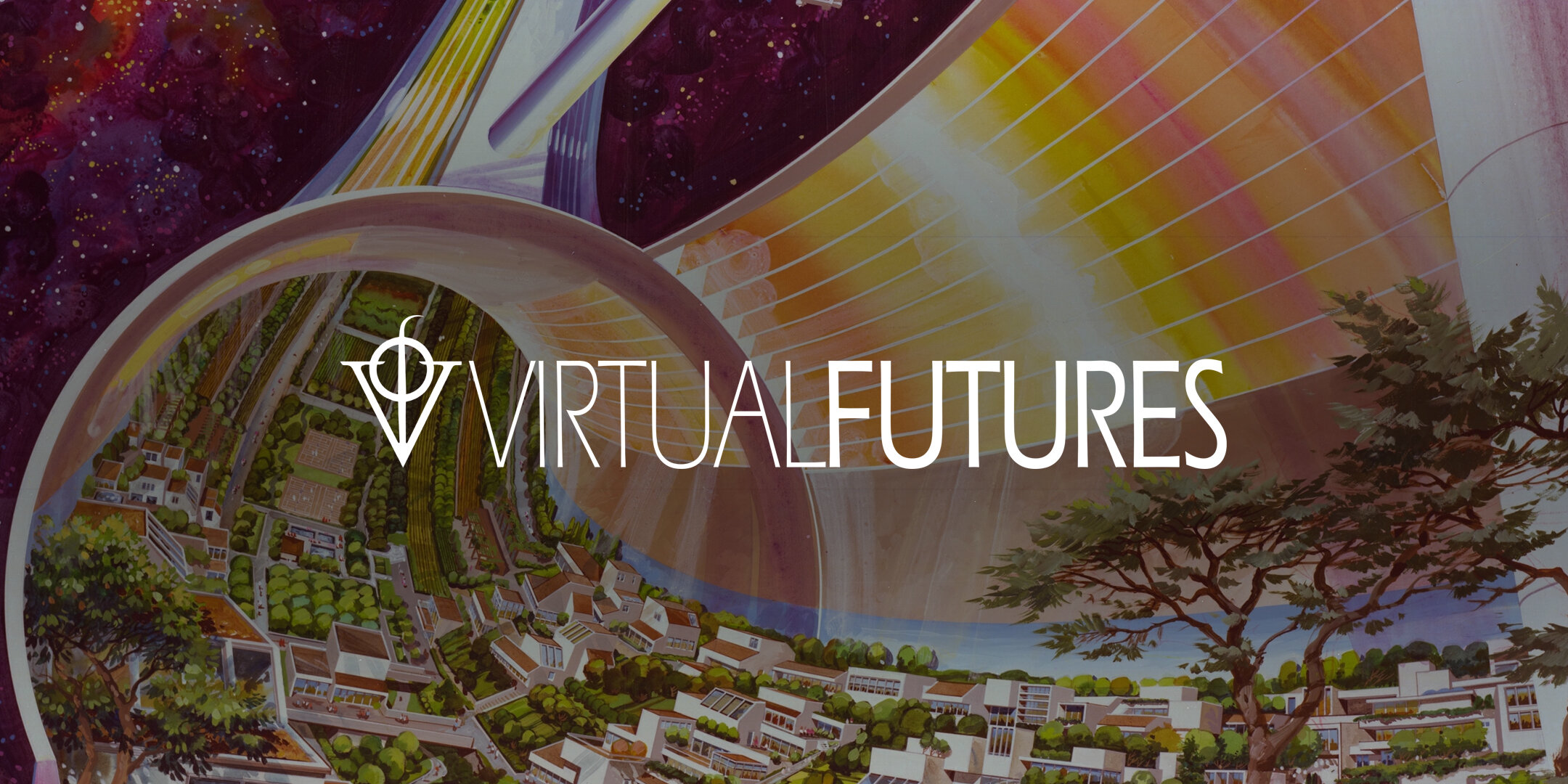
Space Colonisation
Virtual Futures presents a panel discussion on the human exploration of space.
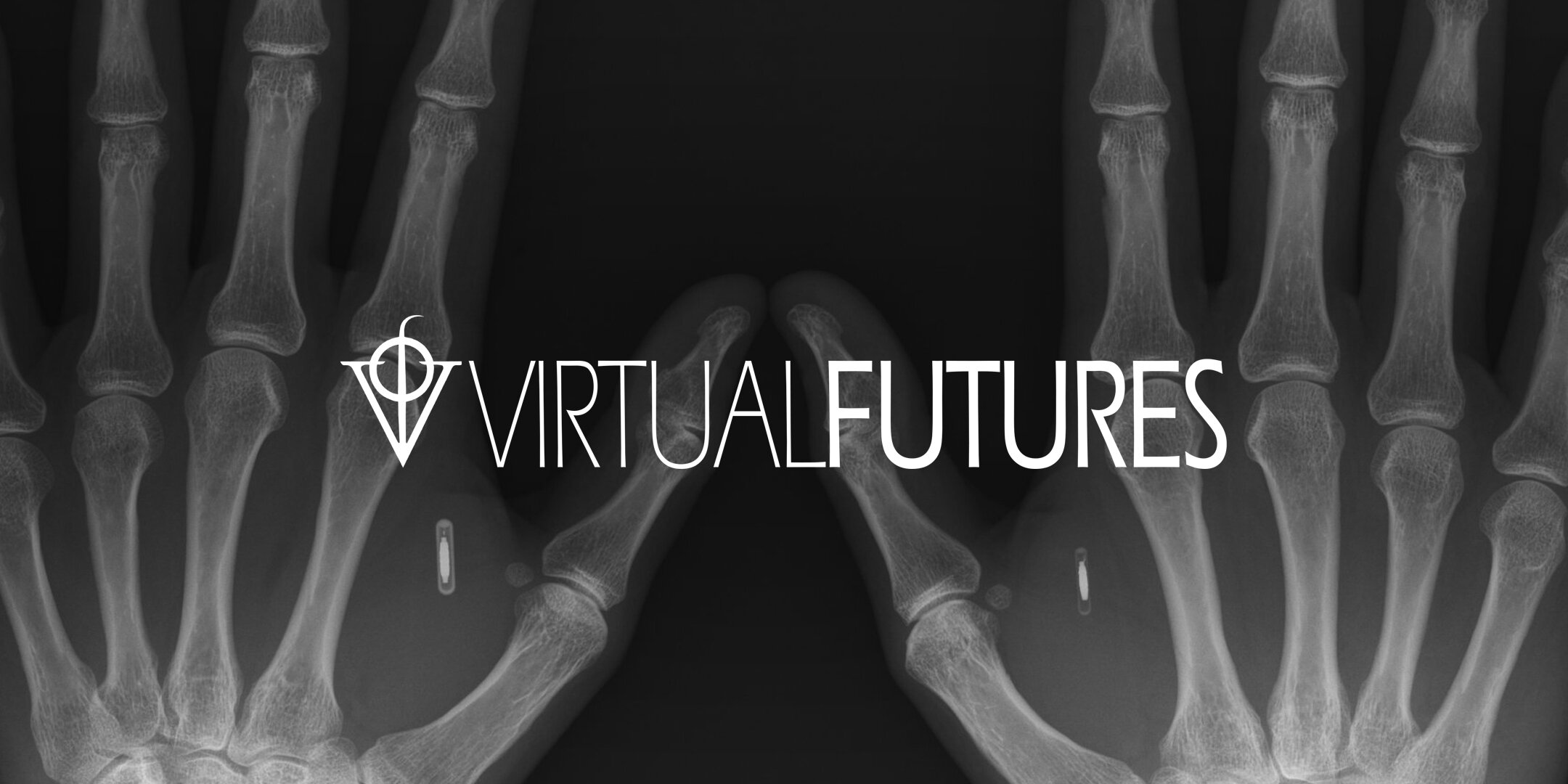
Biohacked Bodies
Virtual Futures presents a panel discussion on biohacking, implantable devices and human augmentation.

Genetic Perfection
Virtual Futures presents a panel discussion on the genetic modification of humans to coincide with the 20th anniversary of the release of the cult film GATTACA (1997).
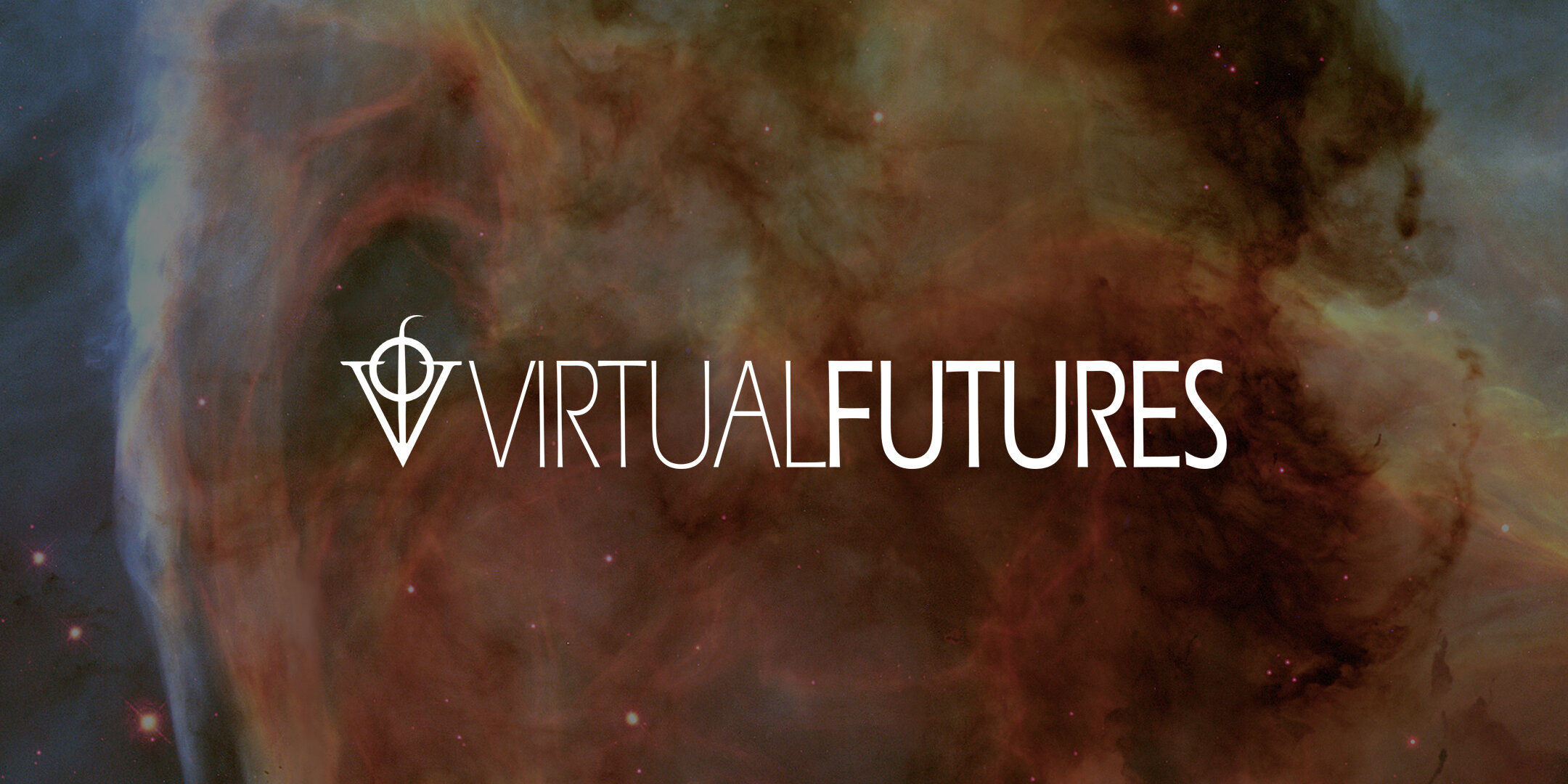
Anticipating the Unknown
Virtual Futures presents a panel on the strategies for anticipating the unknown in an event that continues our mission to reassert the significance of science fiction as a tool for navigating the increasing technologisation of society and culture.

Team Human – with Douglas Rushkoff
Virtual Futures presents media theorist, author, documentarian, and world-renowned public intellectual, Douglas Rushkoff who has has spent his prolific career thinking about how new media and technology are impacting culture, business, and the economy.
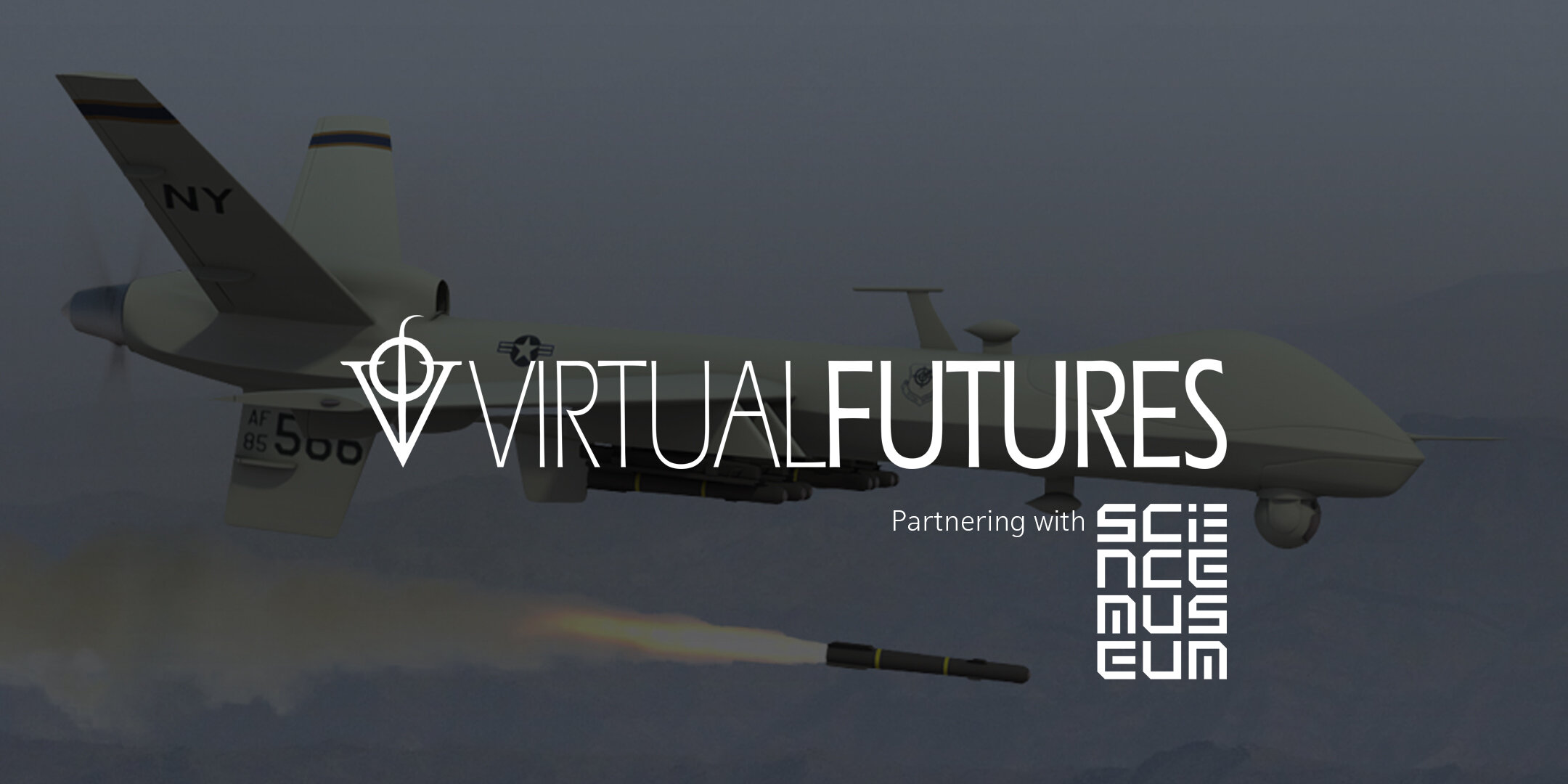
Autonomous Killing Machines
As part of the Science Museum Lates series, Virtual Futures presents a panel on the interaction between Artificial Intelligence and weaponry, which will inform the landscape and practises of future warfare.

Surrender to Surveillance
Virtual Futures presents a discussion on technologies of surveillance, the infringements on privacy by the state, restrictions of individual freedom and the mutation of identity.

Altered Minds
State-of-the-art virtual environments, which are increasingly indistinguishable from reality, are fast proving themselves to have a transformative effect on the body and the brain - But virtual reality, like all technologies, is neutral: it can be used to treat but might it also be used to traumatise?
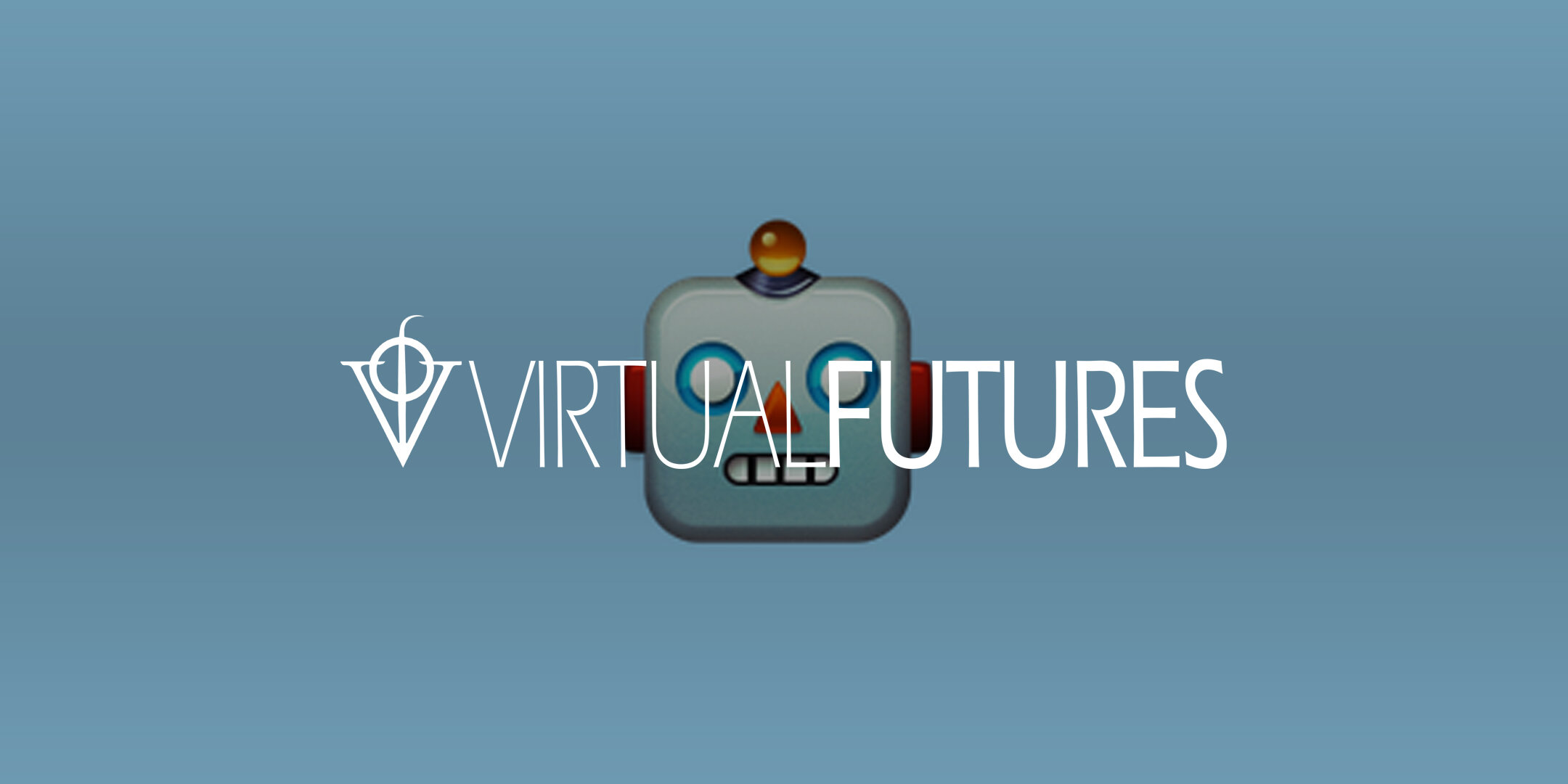
Bot Concepts
What responsibilities do bot-makers have to ensure bots are created ethically? What sorts of interactions between bots and humans should we allow? What personality might a bot develop? How might bots provide a new interface between humans and internet-enabled objects?
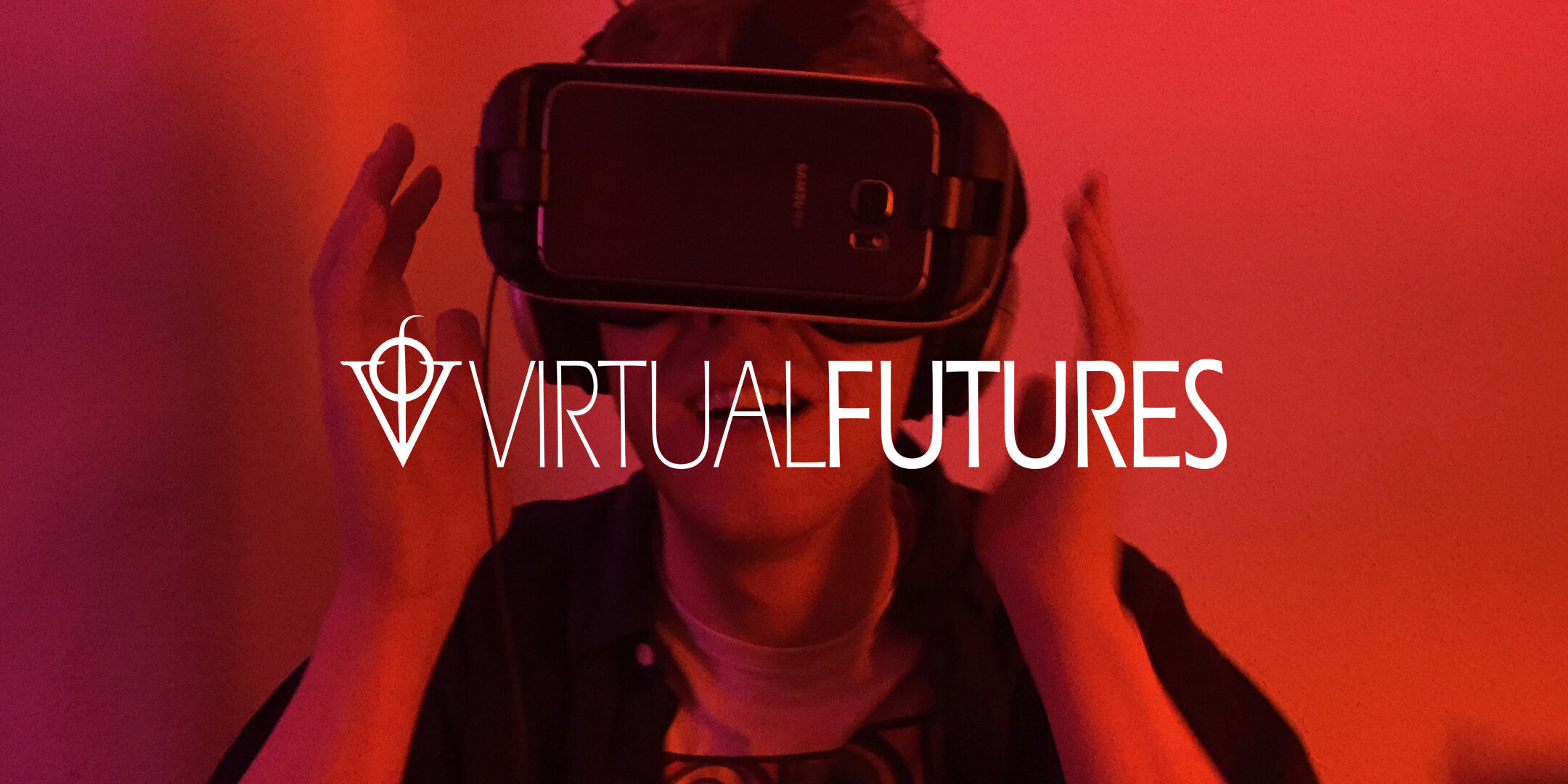
World Building
Virtual Reality (VR) and Augmented Reality (AR) are no longer science fiction pipe-dreams, but there is still a question over whether the promise of a $30 billion industry can be met by 2020. What must be done in the next four years to ensure the predicted mainstream consumer adoption of VR?
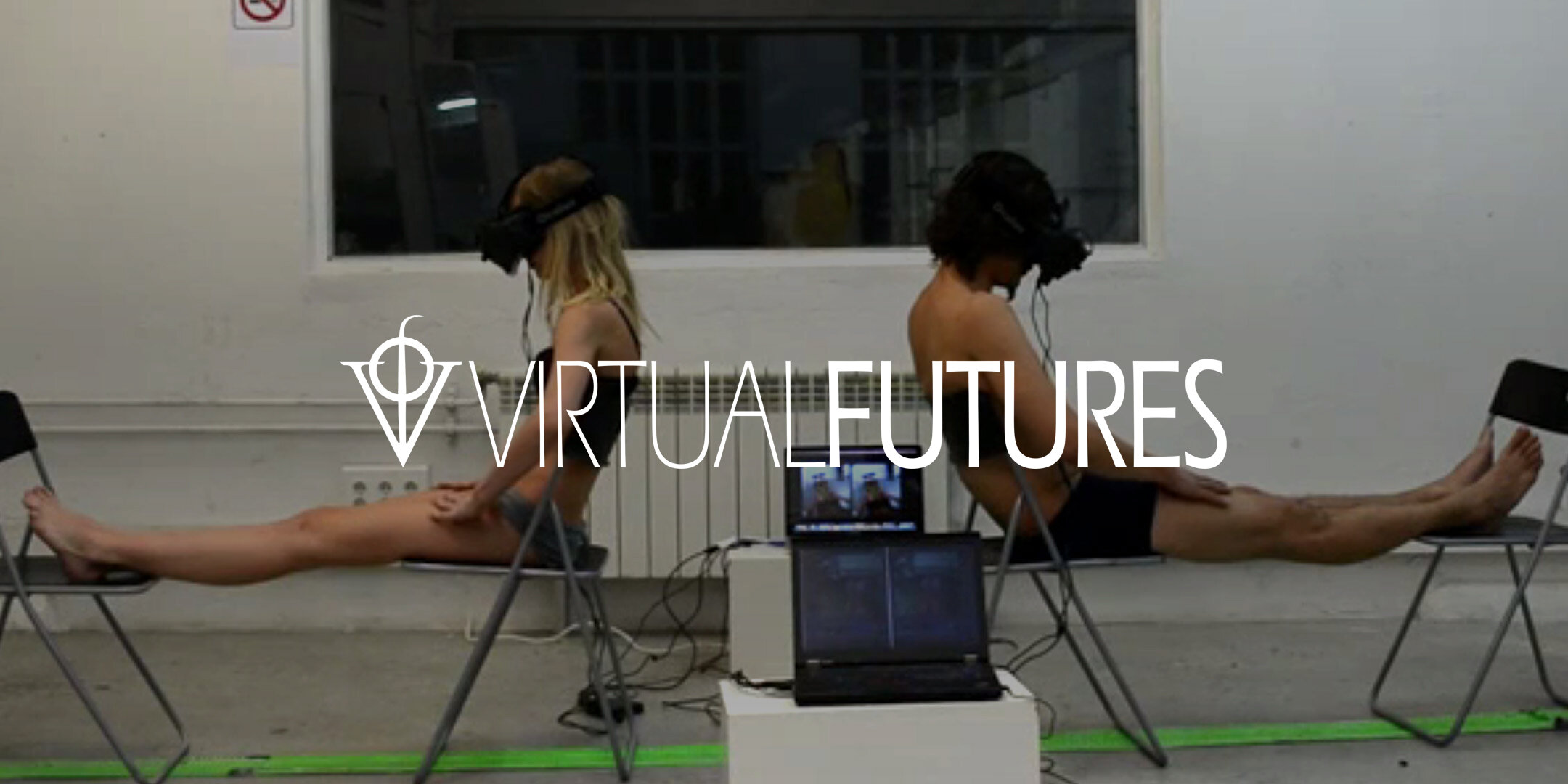
Electronic Empathy
Immersive Virtual Reality (IVR) promises to put ‘the viewer’ in someone else’s body or mind. As an ‘embodiment system’ IVR might be said to be the only alternative method of communication that has the potential to effectively generate new levels of empathy.
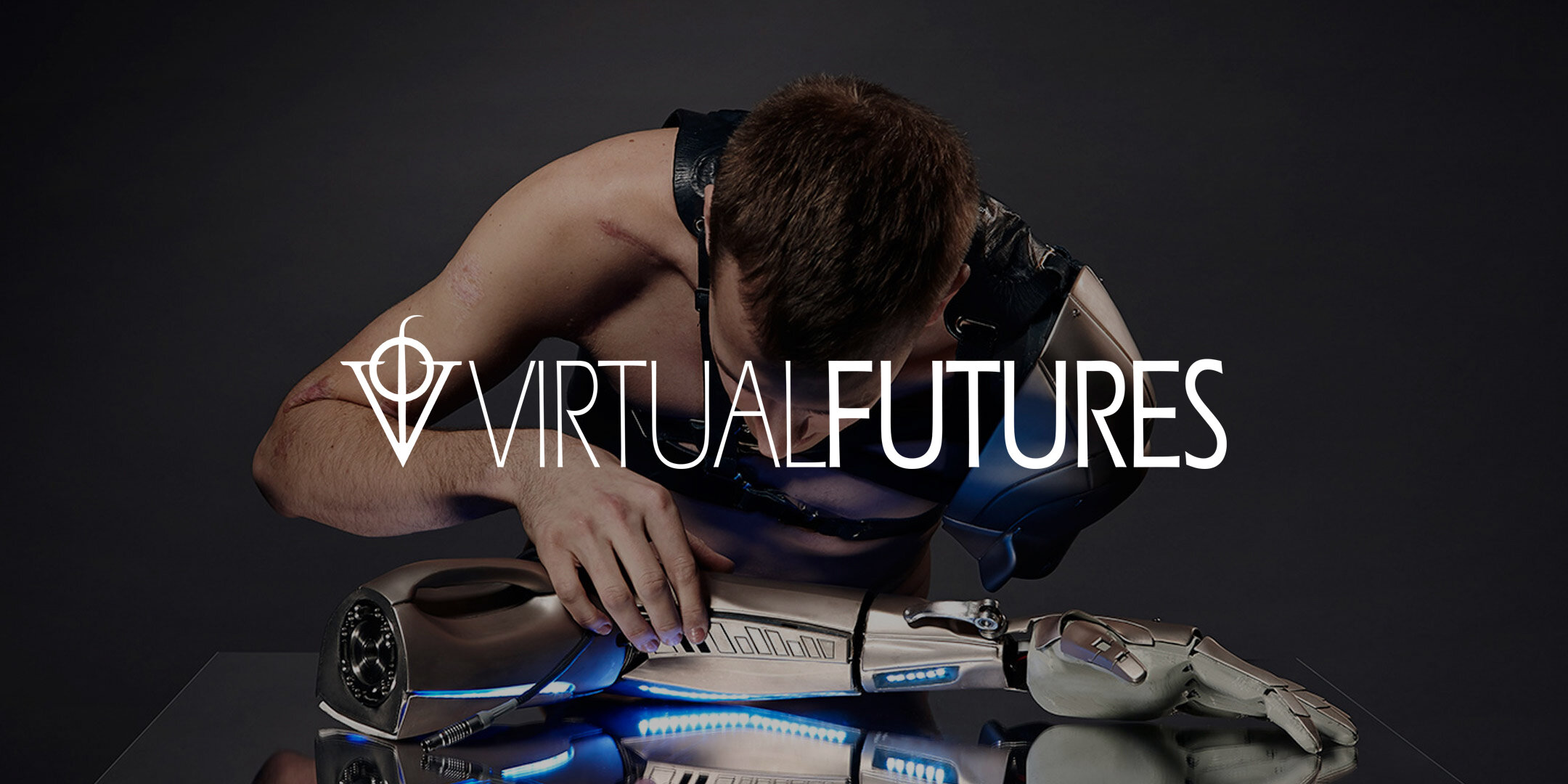
Prosthetic Envy
As artificial limbs and assistive devices become increasingly sophisticated they have evolved from symbols of loss into desirable design objects - and even a state of 'Prosthetic Envy', the condition under which someone might claim to be willing to remove a perfectly healthy limb in order to replace it with a bionic or machinic equivalent.
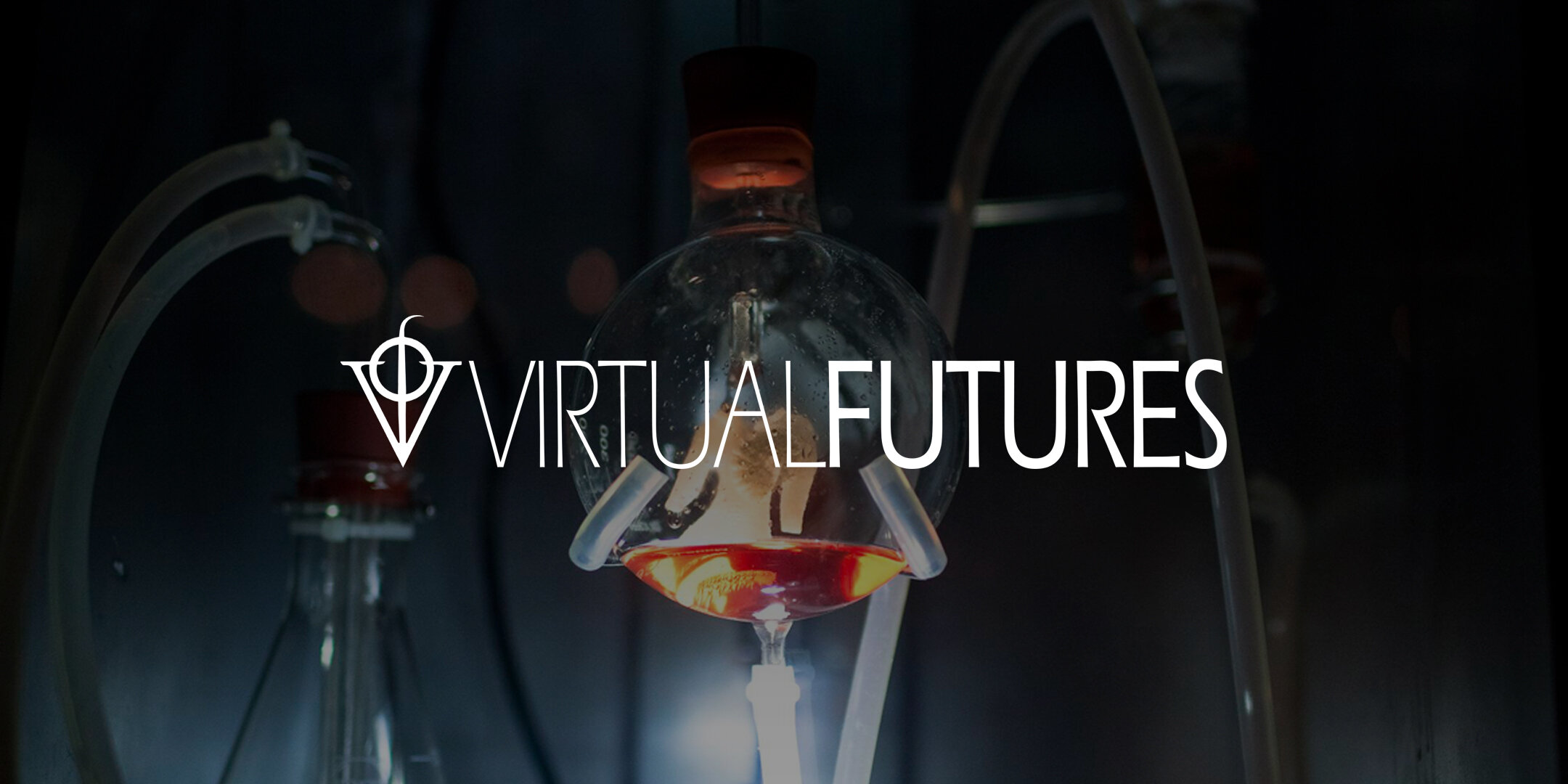
Engineering Life
Life is being altered and designed by artists, scientists and technologists. Through applying engineering principles to living systems, biology has become a new material for creativity. But these practices and manipulations now challenge our cultural understanding of life and what it means to be alive.
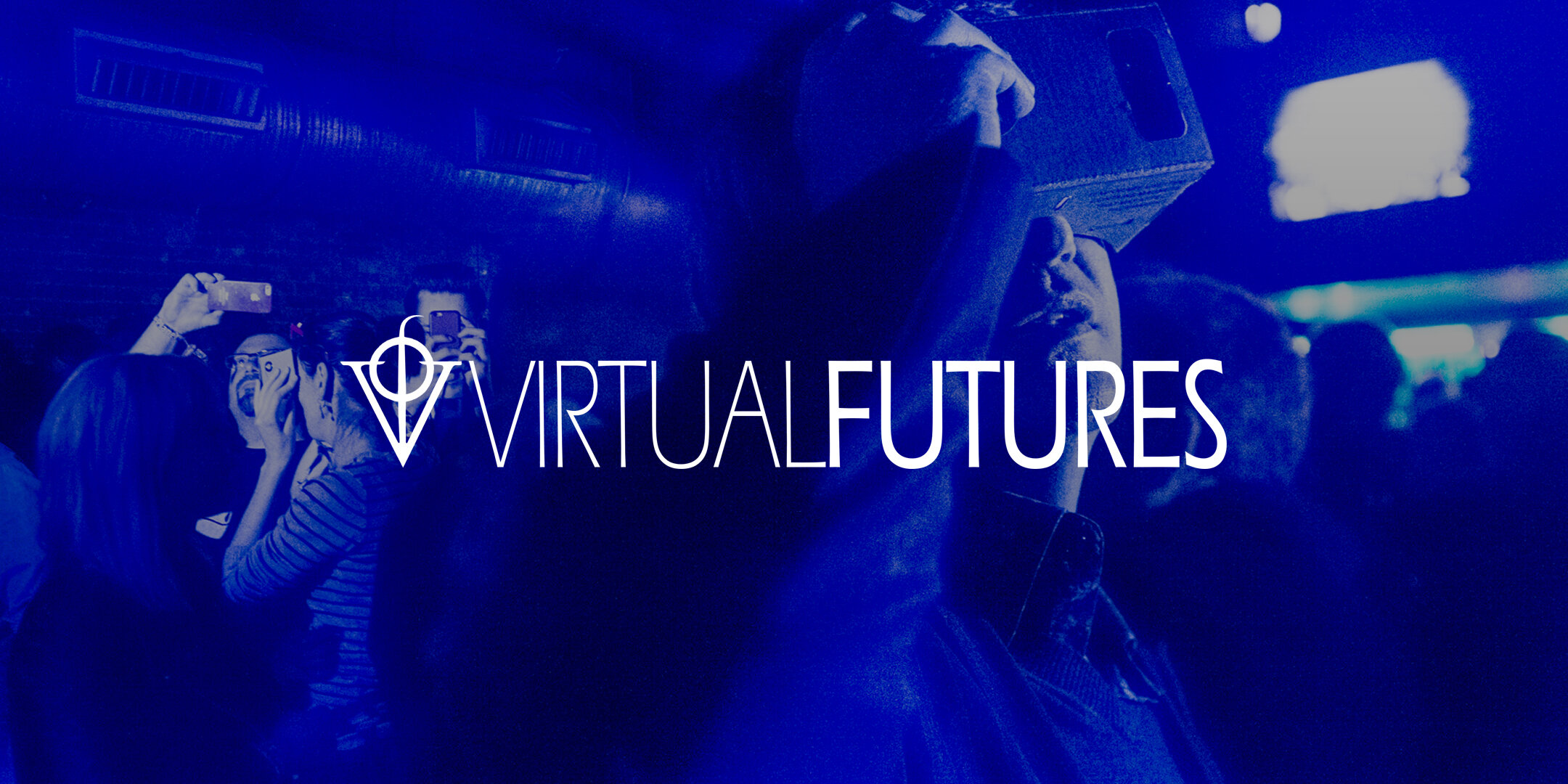
Cyberdelics
Virtual Reality (VR) and Augmented Reality (AR) can alter our state of consciousness. At least this is the promise of cyberdelics that use external tech-mediated stimulation to evoke out of body experiences and trips. Although the field has been developing over the last 50 years, the recent proliferation of commercial VR and AR devices has driven new attempts to collide psychedelic and consciousness culture of the late-60s with the computer cultures of the 80s and 90s.
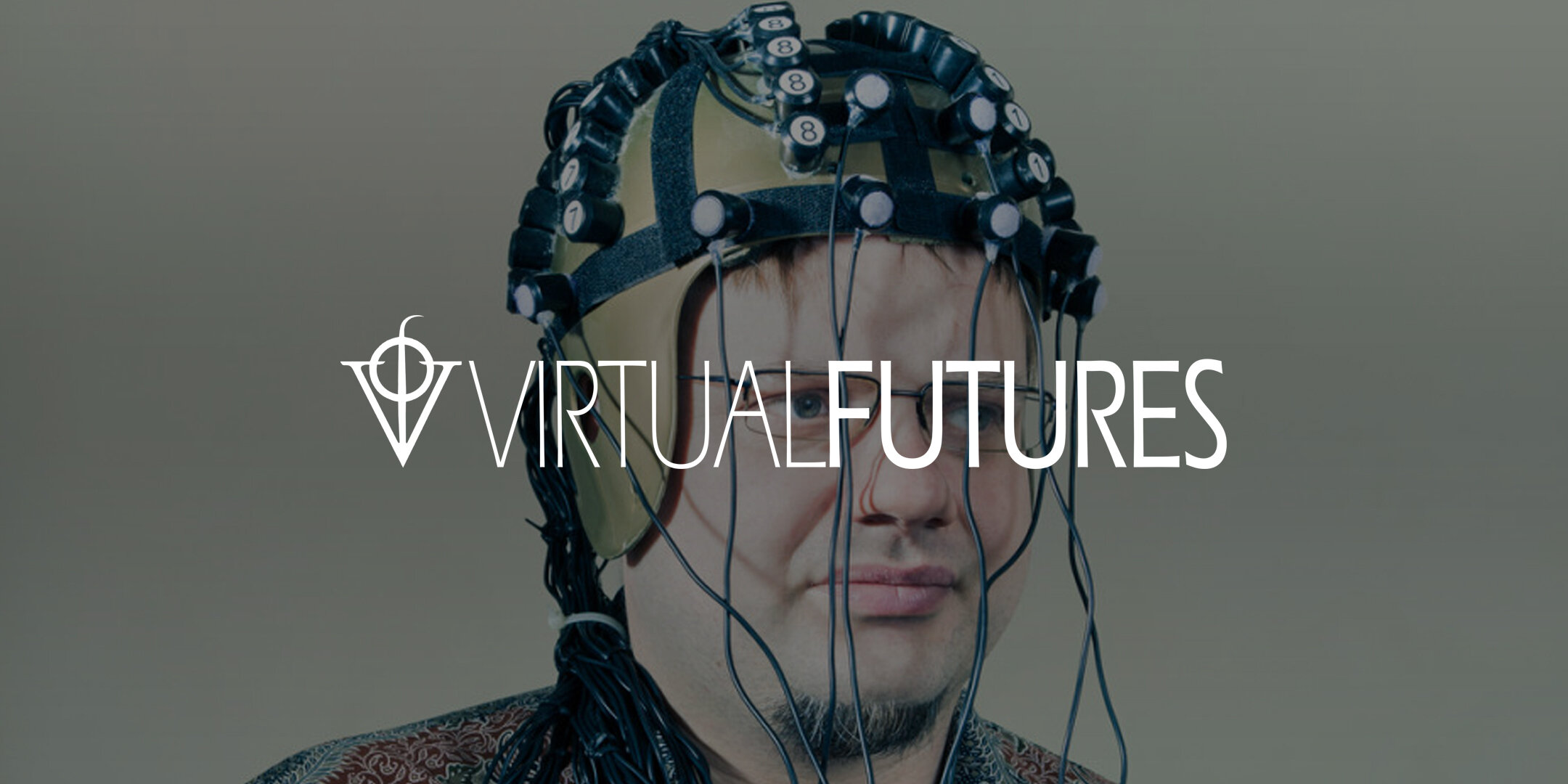
Neurostimulation
Virtual Futures (curated in partnership with NERRI) brings together representatives from the three spheres where brain stimulation operates – clinical research, consumer products and DIY brain-hacking.

Fucking Machines
As humanoid sex robots become more widespread how do we develop an engaged ethical response to these new technologies? What software and hardware developments might lead to the development of these sorts of machines? What is the impact of anthropomorphizing machine-substitutes for human partners or prostituted persons? How might the line between fantasy and reality become blurred?
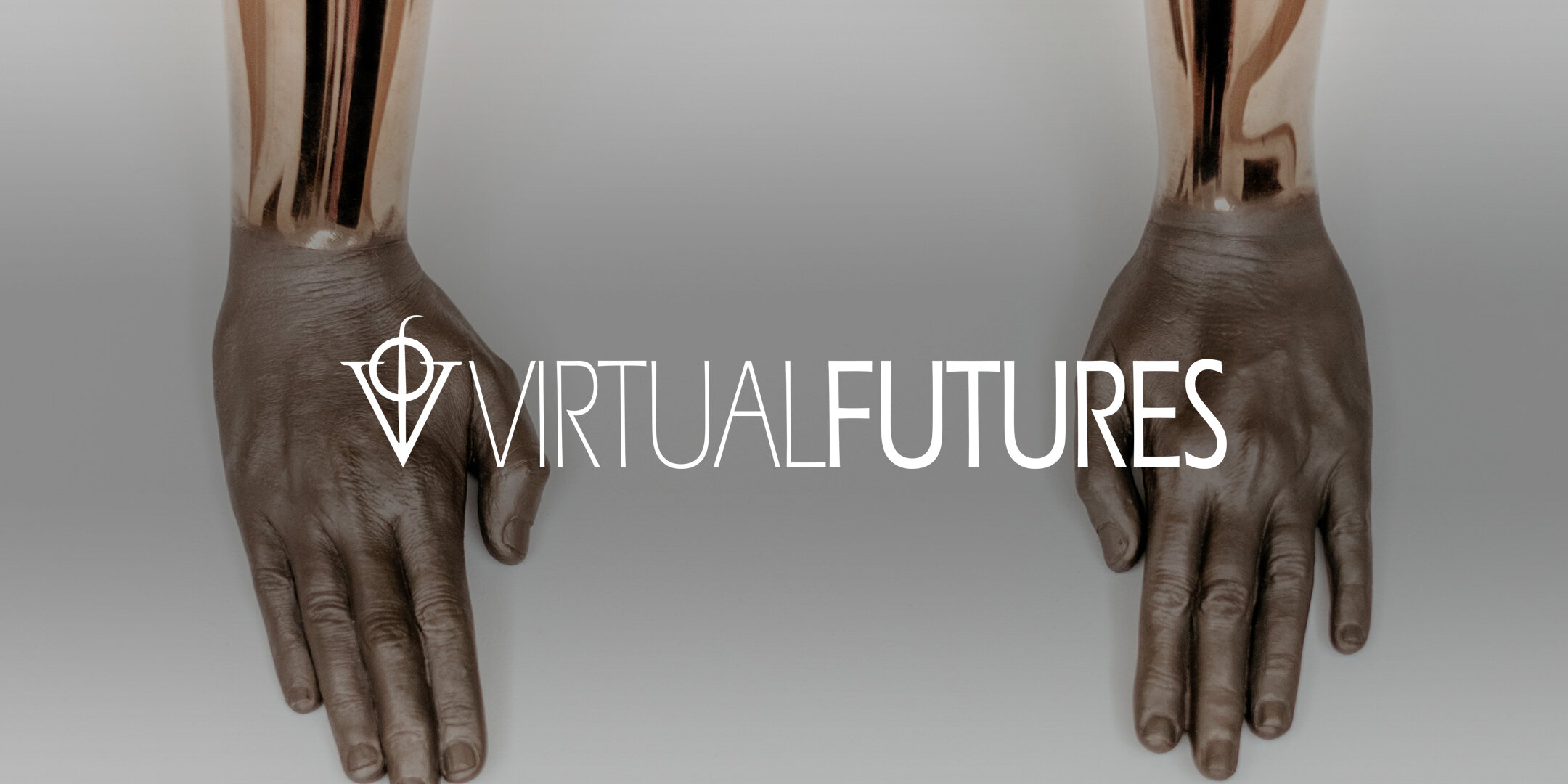
Future Human
Have you ever considered what the possibilities are for the human species over the next 50 years and beyond? Exploring the latest innovations in 3D printed robotic limbs, memory-enhancing neural implants, lab-grown organs, gene therapies that slow ageing, synthetic biology, medical technology and artificial intelligence.

Future Music
Virtual Futures presents Christoph Fringeli (Praxis Records, Datacide), Tony Marcus (i-D.) and Dan O’Hara (Philosopher of Technology) who reunite for the first time in over 18 years to contextualise their VF 1995 panel.
